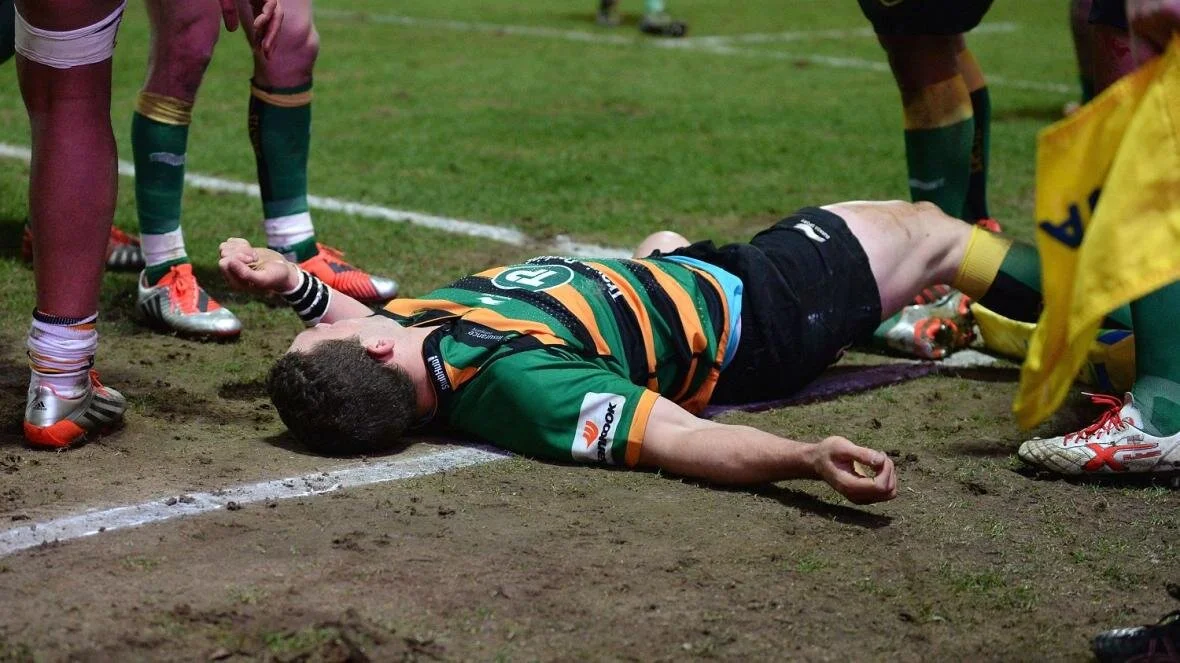WHAT IS A CONCUSSION?
Benjamin Pavard was concussed last week against Germany and is being investigated by UEFA to understand why the French medical staff di not remove him from play.
Concussion is an ever-present issue amongst all sports both contact and non-contact. The emerging long-term concerns from mismanagement of concussions have only just been recognised and therefore the importance of understanding symptoms, improving prevention and enhancing diagnosis skills have increased in significance. Incidence was recently calculated at 1.6 to 3.8 million sports-related concussions yearly in the United States.
What is a concussion?
The Zurich consensus statement defines concussion as “a complex pathophysiological process affecting the brain, induced by traumatic biomechanical forces”.
Some have described a concussion as the brain rattling within the skull causing bleeding. The bleeding leads to varying symptoms, physical, cognitive and mental. Some of the symptoms are headaches, nausea and sensitivity to light, further symptoms include changes in personality, sleepy and pain with head, neck or full body movements that may raise the resting heart rate.
How do I get a concussion?
Mechanism for concussions are wide spread from; whiplash type movements, direct trauma to the head or have even been speculated to be repetitive on the field traumas (heading a football or absorbing boxing punches).
In 2011 it was discussed that there is a complex variety of mechanisms, making each injury-causing situation nearly unique. Two broad categories of forces—contact and inertial—encompass the important causal forces associated with concussions. Both contact and inertial forces occur during impact loading, where the head is struck (or strikes) a surface. Only inertial (acceleration) loading occurs from impulsive head motions, which are defined by the absence of the head striking an object.
How is the brain effected?
The biological responses may be structural (torn vessels and axons) or functional (changes in blood flow or neurological status), and they may be immediate or delayed.
All concussions need to be well managed immediately and constantly reassessed to ensure they are heading on the right path, see our next blog on what to do if concussed.
How can Optimum help you?
Our therapists all have sporting backgrounds and have utilised a SCAT concussion to assess, baseline and mark progress following concussion, if you have had or think you have had a concussion please feel to get in touch to discuss a treatment plan for you with one of our sports therapists or physiotherapists at Optimum sports injury clinic in Derby.


